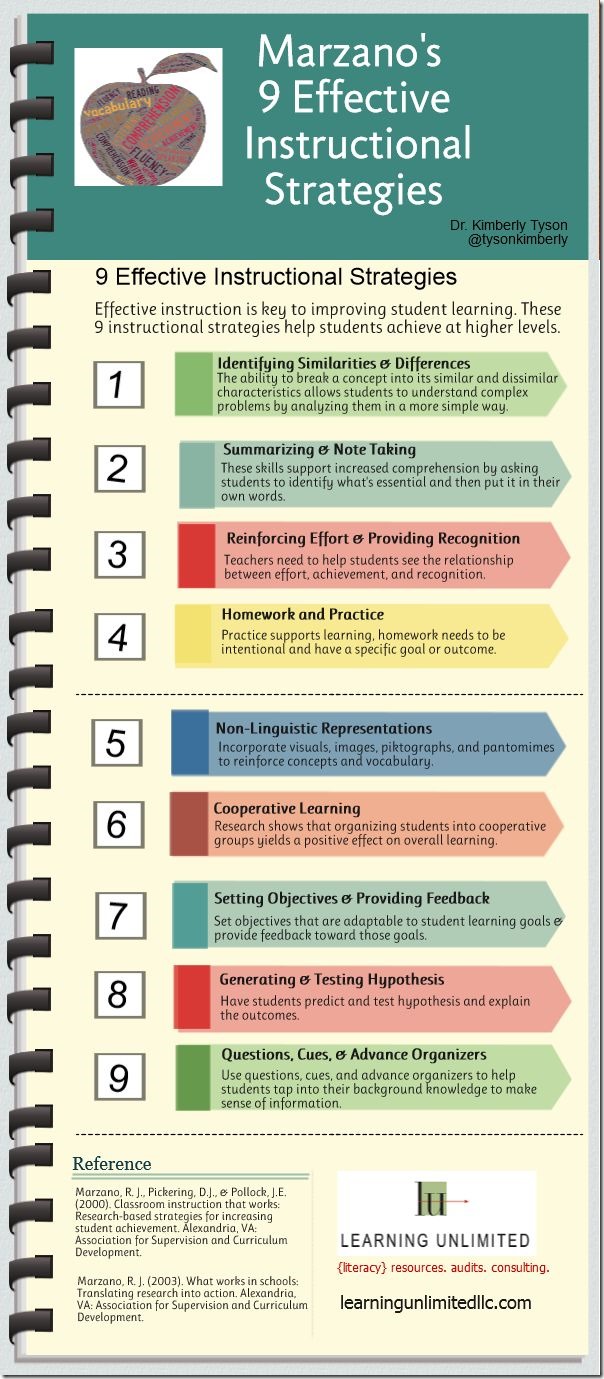From @TeachThought
This is useful for us this year
In education, louder than the call for innovation, engagement, thought, or self-direction is the call to be research-based.
In fact, being research-based may even trump being data-based, the two twins of modern ed reform. The former stems, in part, from deserved skepticism of trends that have little evidence of performance, and the latter comes from a similar place. The big idea behind the both is “proof”–having some kind of confidence that what we’re doing now works, and that because of both data and research, we can more or less nail down what exactly it is that we’re doing that works or doesn’t work, and why.
To be clear, being data or research-based isn’t anywhere close to fool-proof. So many of the modern trends and innovations that are “not grounded in research,” or don’t “have the data to support them” suffer here not because of a lack of possibility, potential, or design, but because of research and data itself being sluggish in their own study and performance.
But this is all way, way beside the point–a long-winded contextualizing for Robert Marzano’s work. Marzano is known for, above all else, identifying “what works,” and doing so by reviewing and distilling research, then packaging it for schools and districts to use. Among his most frequently quoted “products” is the “Marzano 9″–9 instructional strategies that have been proven by research to “work” by yielding gains in student achievement.
And so Dr. Kimberly Tyson thought to gather these nine instructional strategies into infographic form because like moths to a flame, teachers to infographics.
Marzano’s 9 Instructional Strategies
- Identifying similarities and differences
- Summarizing and note taking
- Reinforcing effort and providing recognition
- Homework and practice
- Non-linguistic representations
- Cooperative learning
- Setting objectives and providing feedback
- Generating and testing hypotheses
- Cues, questions, and advance organizers


Leave a Reply
You must be logged in to post a comment.